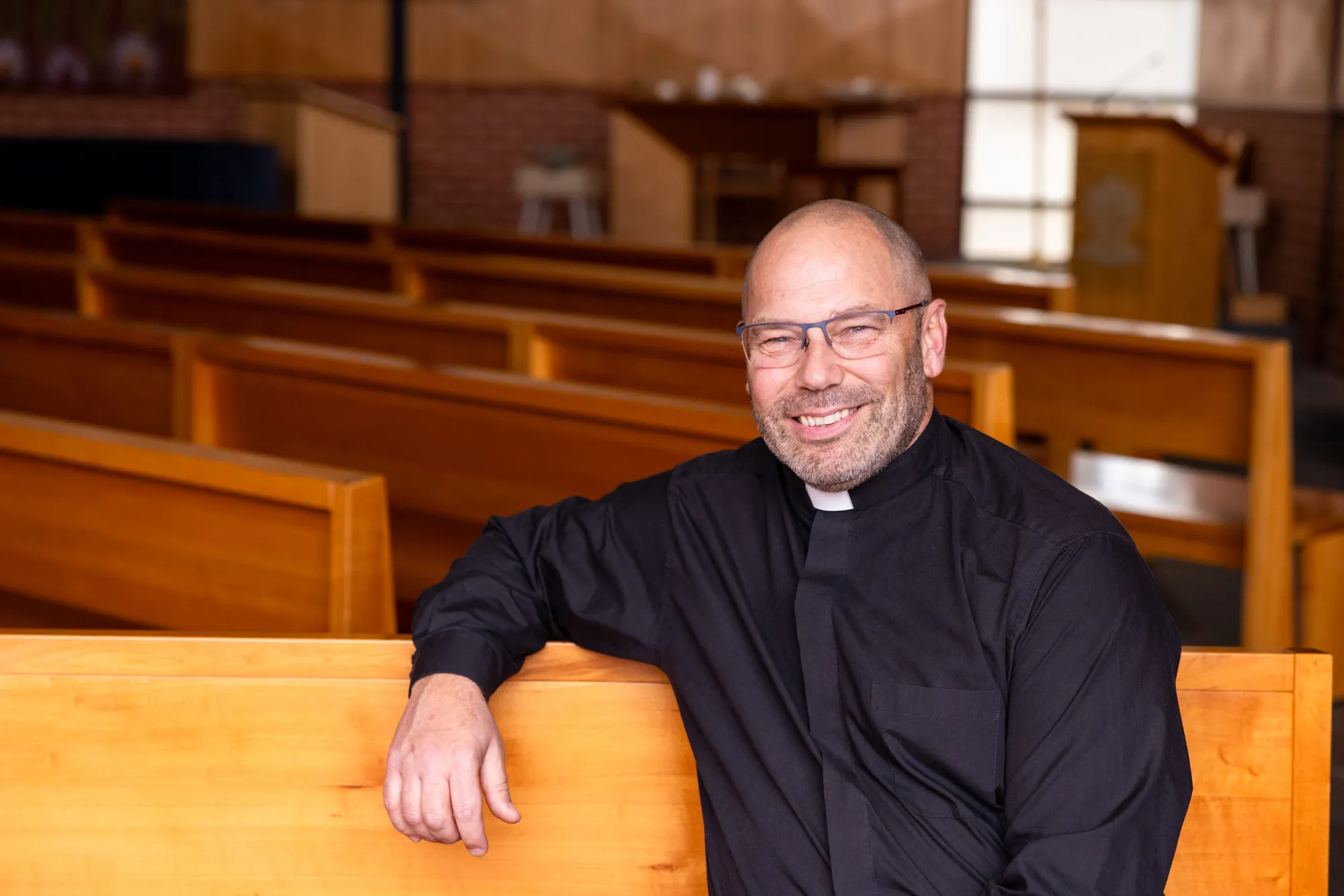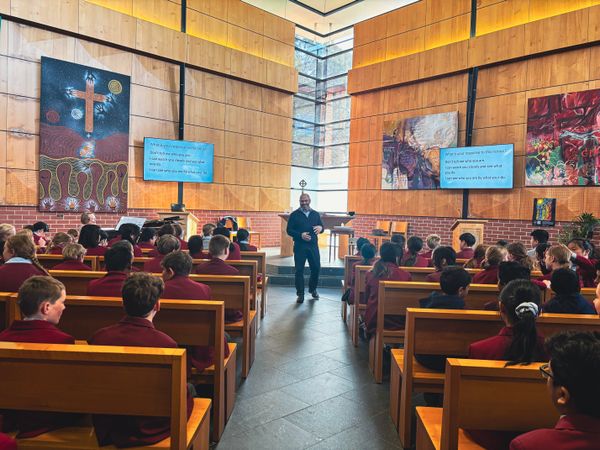A neighbourly attitude
By Reverend Andy Fleming, Associate Chaplain

During the holidays, I was asked to reflect on the Parable of the Good Samaritan. This was timely given that at the end of last Semester, my Year 8 RaVE class had researched modern examples of ‘Good Samaritanism’ in the wider community, and also the school’s amazing response to the Anglicare Winter Pantry Appeal.
On this occasion, the attitude of the lawyer struck a nerve. The Good Samaritan episode begins with Jesus being tested by a lawyer about what he must do to gain eternal life. The lawyer is deemed to be an expert in that he knows the Hebrew laws – he can read them and articulate them. Jesus points out that this is not enough, and that one must live out the law by doing. Throughout his questioning the judgemental nature of the lawyer is never far away. Like many Christians, the lawyer was searching for the limits over who should be considered a neighbour, but Jesus refuses to set any limits.
In telling the parable, Jesus uses a priest and a Levite in a negative light to make the point that no one is so important that they shouldn’t help people in need – the law actually dictates that your attitude should be to help out of your love for God. Neither the priest nor the Levite help the wounded man, even though we would expect them to be the type of people who would do so.
Despite their centuries-long dispute with the Jews, the Samaritan ends up being the one who helps the wounded man. He doesn’t see him as a Jew, an enemy, or a threat. Rather, he simply sees him as a person in need and therefore a neighbour.
Through the actions of the Good Samaritan, Jesus is challenging us to consider the question: How do I love my neighbour? Jesus teaches that a neighbour goes above and beyond in caring for those in need.
The act of neighbouring, like love, does not have a limit.
Through this episode, Jesus invites us to find a way to love in spite of the barriers of our ethnic heritage, our politics, our socio-economic status, how we identify ourselves in our society, and even our religious identity. Jesus invites us to set aside our judgements and focus on our common and shared human need. When we do, we not only discover how to be a neighbour, but that we have neighbours all around.
Go in peace,
Rev. Andy
